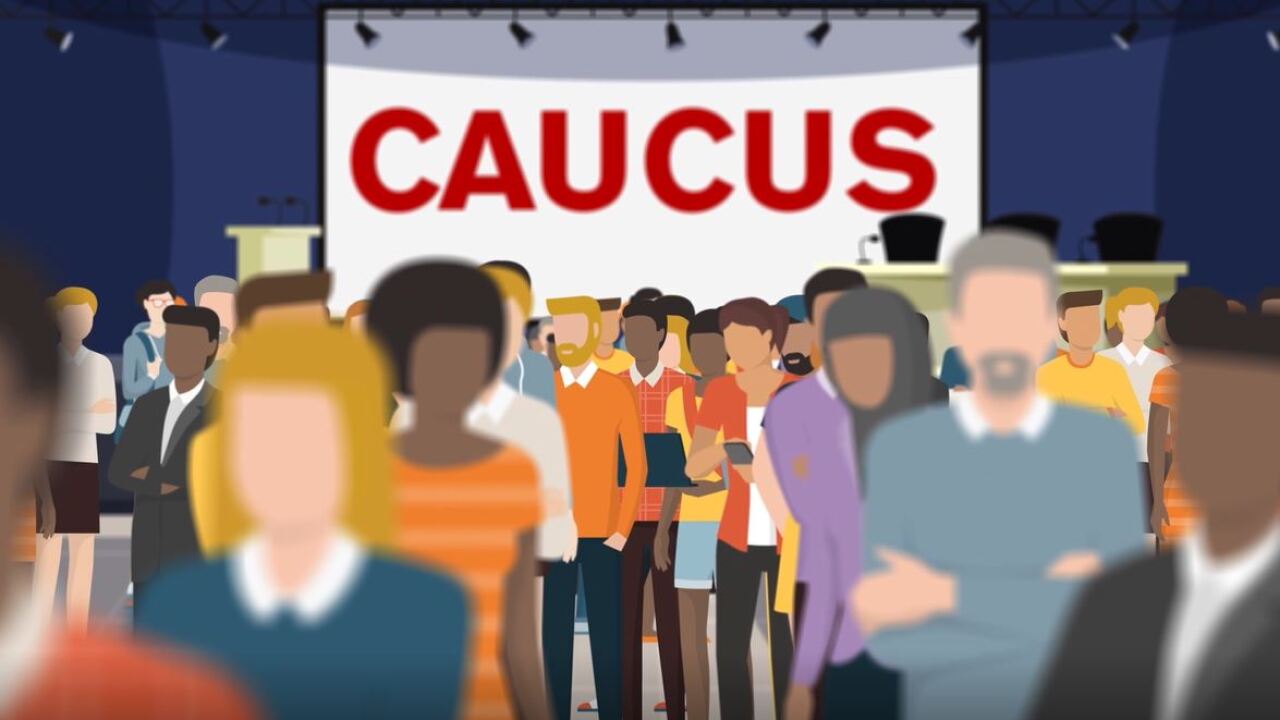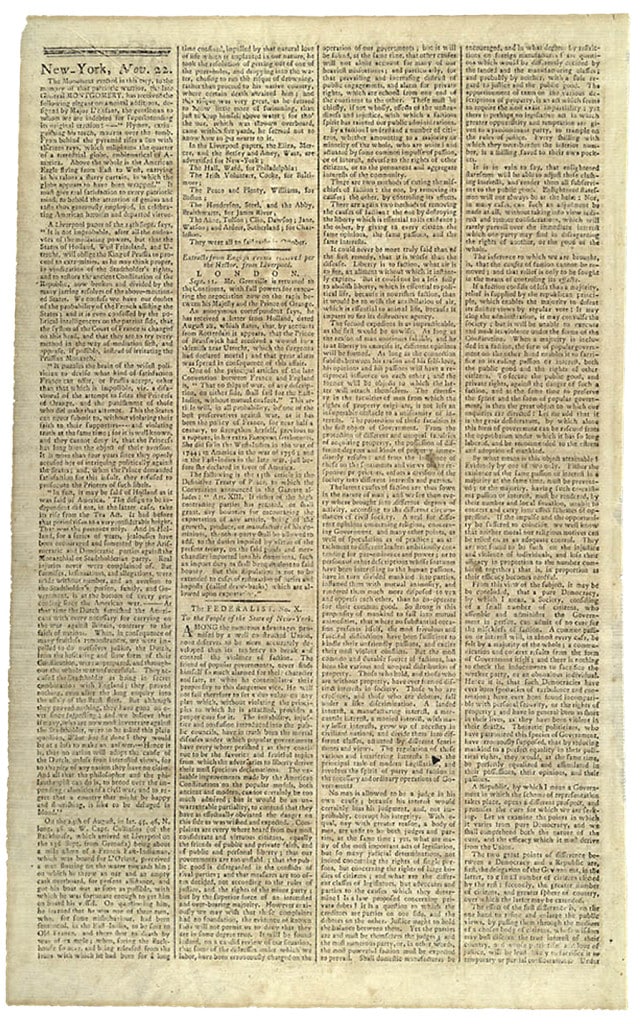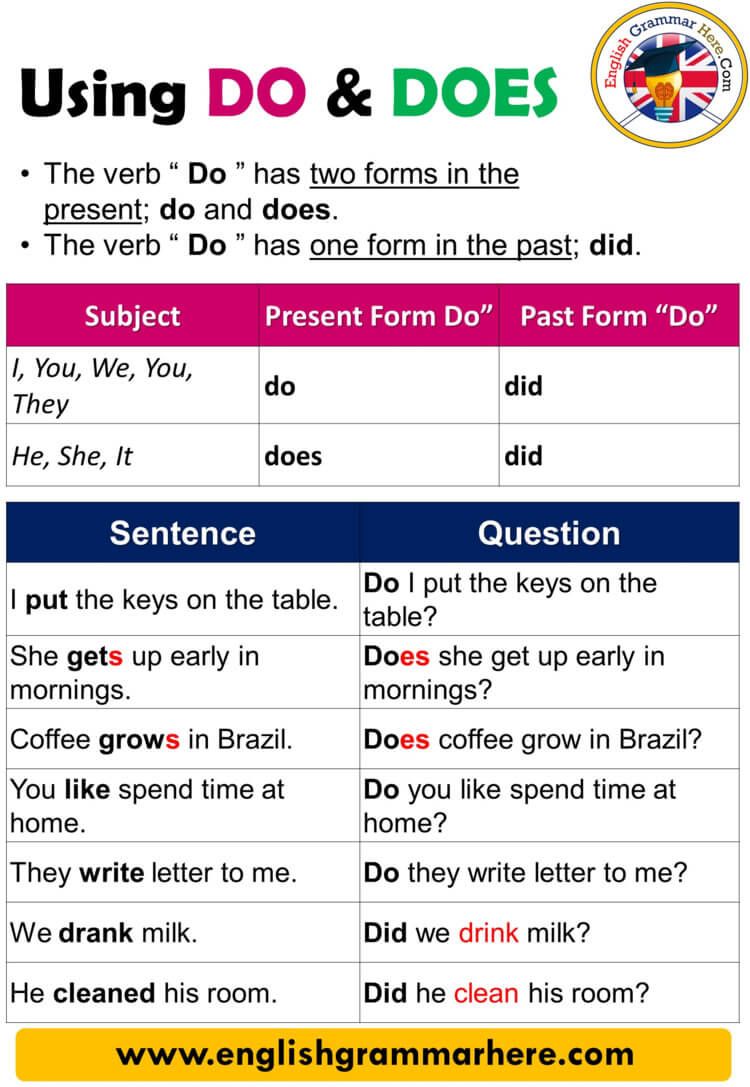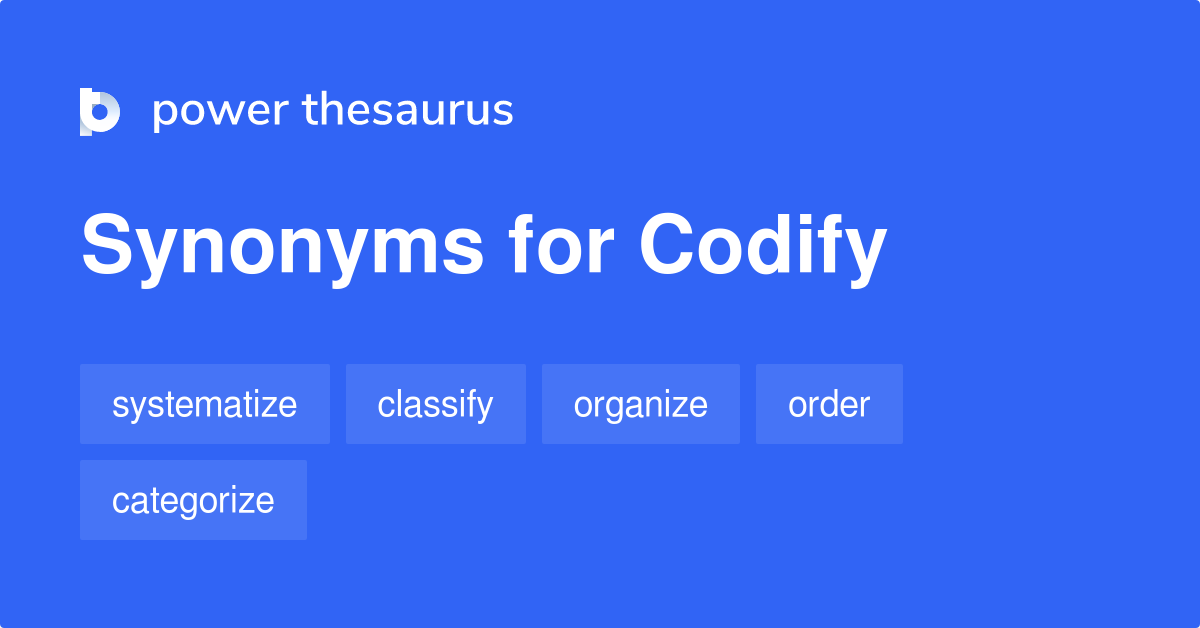Understanding Caucus, Delegate, and Whip: Key Roles in Modern Politics
Introduction
Navigating the world of politics requires an understanding of the structures and key roles that drive decision-making. Three foundational elements- caucus , delegate , and whip -play pivotal parts in shaping political outcomes, especially in party politics and legislative processes. This article offers an in-depth look at what each term means, real-world applications, and practical steps for getting involved or tracking these processes. Whether you are a new voter, an aspiring political participant, or simply interested in how political parties organize and operate, the insights here will equip you with actionable knowledge.

Source: foxnews.com
What is a Caucus?
A caucus refers to a meeting or gathering of members and supporters of a specific political party or movement. In the United States, the term is most commonly used to describe party meetings where candidates are nominated, strategies are planned, and policy positions are debated. Caucuses can occur at various levels-local, state, or national-and may be open to all party members or restricted to specific groups within the party [1] .

Source: bloomberg.com
In the context of U.S. presidential elections, caucuses are organized by state political parties and held at the county, district, or precinct level. These meetings are typically interactive, with participants discussing and debating candidate options before casting votes for delegates who represent their choices at subsequent party conventions [2] . Unlike primary elections, which use secret ballots, caucuses often require participants to openly show support for candidates, which can lead to lively debate and persuasion.
Example: In Iowa-a state known for its early caucus-registered party members gather in local schools or community centers to discuss and vote for their preferred presidential candidates. The results set the tone for the rest of the election cycle.
How to Participate in a Caucus
Participation rules vary by state and party. Typically, you can:
- Register as a member of the political party holding the caucus (often required in advance).
- Locate your local caucus site by contacting your state or county party office or visiting their official website.
- Attend at the scheduled time and be prepared to stay for the entire meeting, as voting may occur in rounds.
For exact details and schedules, check with your state’s official party organization. If you are unsure where to start, search for your state’s Republican or Democratic Party caucus information online or call your local election office.
What is a Delegate?
A delegate in politics is an individual chosen to represent a group of people, typically at a party convention or legislative body. In the context of U.S. presidential elections, delegates are chosen through caucuses or primaries and are “pledged” or committed to support specific candidates based on the results of those contests [5] .
Delegates play a crucial role in determining a political party’s nominee. At the party’s national convention, delegates cast votes for presidential candidates, and the candidate who receives a majority of delegate votes secures the party’s nomination. There are also “superdelegates” in some parties-often party officials or leaders-who may not be bound by primary or caucus results and can vote according to their own preferences.
Example: In the Democratic Party, delegates are awarded to candidates based on their performance in state primaries and caucuses. A candidate must win a majority of delegates-often over 1,900-to secure the nomination at the Democratic National Convention.
How to Become a Delegate
If you are interested in becoming a delegate, the process generally involves:
- Registering with your political party and expressing interest in serving as a delegate.
- Participating in your local caucus or primary, where you may need to be nominated or elected by fellow party members.
- Meeting any eligibility criteria set by your state or party, which may include residency rules or party membership duration.
Contact your state or county party office for specific requirements and timelines. Many parties publish detailed guides for prospective delegates on their official websites.
What is a Whip?
The whip is a party official whose primary responsibility is to manage party discipline and ensure that members vote according to the party’s policy and position. The term originated in the British Parliament and is now widely used in legislative bodies globally, including the U.S. Congress.
Whips play a critical role in organizing votes, counting support, and communicating leadership’s positions to rank-and-file members. They may also relay concerns from members back to party leaders and help resolve disputes within the party.
Example: In the U.S. House of Representatives, each party elects a majority or minority whip. The whip’s team tracks how members plan to vote on key legislation and works to persuade undecided members to support the party line.
How Whips Operate: Step-by-Step
The duties of a whip typically include:
- Polling party members ahead of votes to assess likely outcomes.
- Communicating the party’s position and strategy to members.
- Negotiating with members who may be reluctant to support the party line.
- Reporting the likely vote count to party leadership and proposing strategies to secure necessary votes.
If you are interested in the role of whip or want to learn how the position impacts legislative outcomes, follow legislative news through official government sources such as the U.S. House of Representatives or the Congressional Research Service. You can also attend public committee meetings or review congressional records to observe how whips influence the legislative process.
Potential Challenges and Solutions
Engaging in political processes such as caucuses or serving as a delegate can pose challenges:
- Time Commitment: Caucuses often require several hours of participation, and delegates may need to travel to conventions.
- Eligibility Requirements: Parties may have specific criteria for participation or candidacy.
- Understanding Procedures: Rules can vary by state, party, and election cycle.
Solutions: Begin by reading your state or party’s official guidelines and seeking mentoring from experienced participants. Many local party organizations offer training sessions and informational workshops. If you face accessibility barriers, contact your local election office for accommodations. Most importantly, stay informed by monitoring reputable news sources and official announcements.
Alternative Approaches to Participation
If direct involvement in caucuses or as a delegate is not feasible, there are many other ways to participate in political processes:
- Volunteer with local party organizations or campaigns.
- Attend public meetings and town halls to voice your opinions.
- Engage with community groups focused on voter education and turnout.
- Monitor legislative activity through official channels and provide feedback to your representatives.
For those interested in learning more, you can search for “how to participate in a caucus,” “how to become a political delegate,” or “what does a whip do in Congress” through reputable sources such as the League of Women Voters, U.S. Congress official pages, or your state party’s website.
Key Takeaways
Understanding the roles of caucus, delegate, and whip is vital for anyone interested in how political decisions are made and how to influence them. Each role has unique responsibilities and impacts, offering multiple pathways for participation. By familiarizing yourself with official procedures and opportunities, you can be more effective in engaging with the political system and advocating for your interests.
References
MORE FROM dealhole.com













